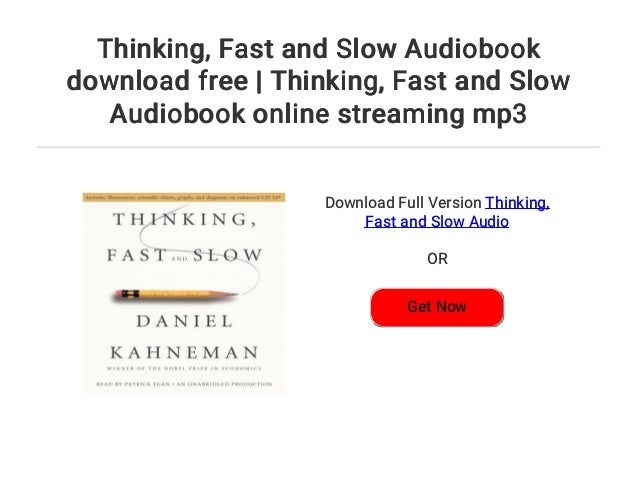

When people think something is true, they will probably also believe the arguments that support it. Most people have an overinflated sense of self-assurance and trust their gut instincts rather than do any research. System 2 also permits activities to take place, repressing or modifying them as needed. System 2 is responsible for enforcing norms and keeping an eye on the suggestions made by System 1. This occurs because exercising self-control requires conscious thought and action in other words, System 2 is responsible for the action. A person’s ability to exercise self-control can be weakened by factors other than cognitive load, such as lack of sleep and alcohol use. Simply put, when System 2 is busy doing something else, System 1 has more of an effect on how people act.

Self-control and cognitive work are both types of mental work. The brain prefers efficient solutions, thus it tends to choose the simplest one. Here he proposes the “Law of Least Effort,” which argues that when faced with multiple options for accomplishing the same task, people will choose the one that requires the fewest steps.

Survival instincts take precedence in this kind of action. Being quick to act in the face of threats or seize upon significant possibilities increases the likelihood of survival, and as a result, System 1 typically takes the lead in times of crisis. Both systems work together by splitting up the tasks so that they can do the most with the least amount of work. Self-control is regulated by System 2 as well. When System 1 encounters an issue, it typically summons System 2 to provide additional information. There are numerous ways in which these two systems interact. It’s practically hard to multitask since people’s brains are wired to prioritize one task above the others. As with any such thinking, the emphasis is on the end result.

In most cases, the disruption of a process occurs when its focus is shifted. System 2 includes things that need your full attention. The majority of talents are involuntary, whereas others, such as chewing, are controllable but usually automatic. In addition, this covers the routines they’ve been following for so long that they no longer have to think about them. In System 1, these are skills that people have had since they were born. All these systems have their own strengths, weaknesses, and limitations. With the former, you can come up with complicated patterns of ideas, while the latter is the only way to come up with a well-organized list of steps. In System 1, mental processes occur spontaneously, whereas in System 2, they need conscious effort. In this first section, the author defines System 1 and System 2 thinking.


 0 kommentar(er)
0 kommentar(er)
